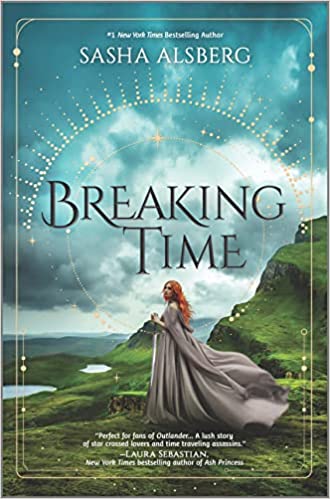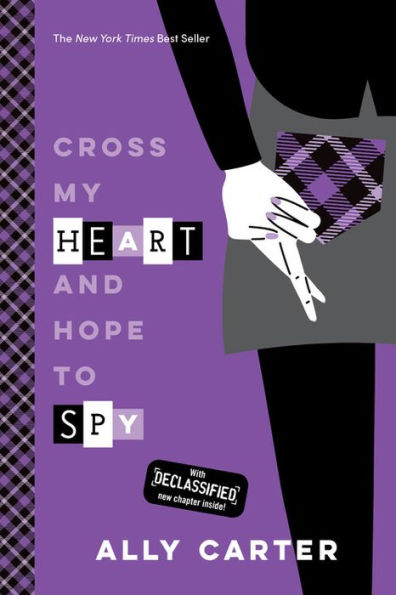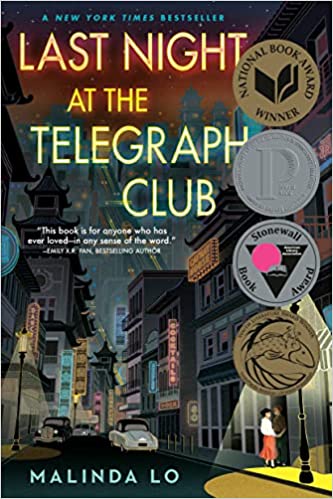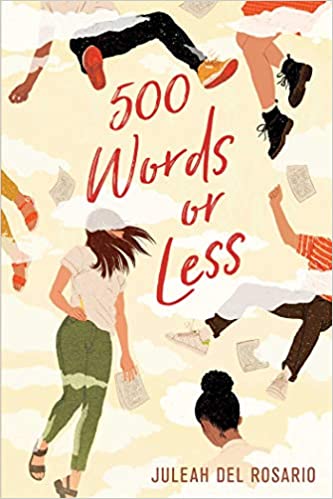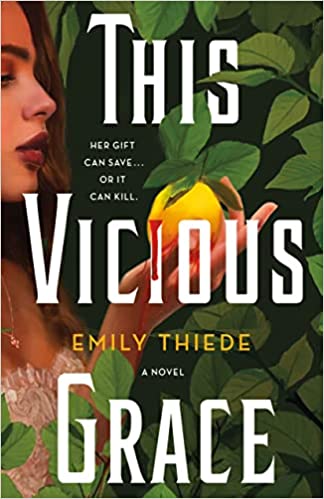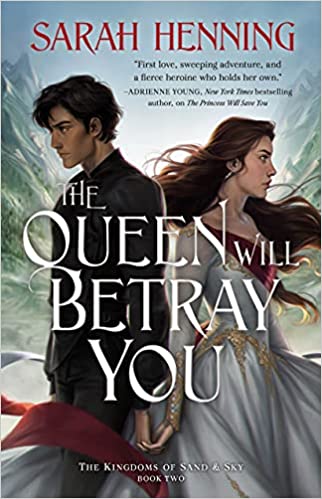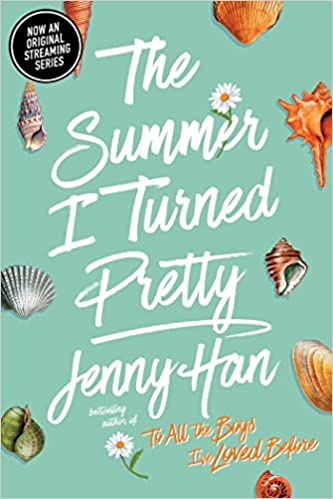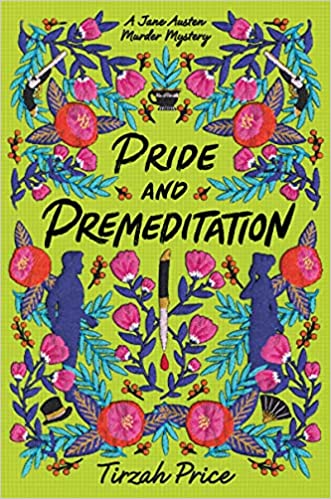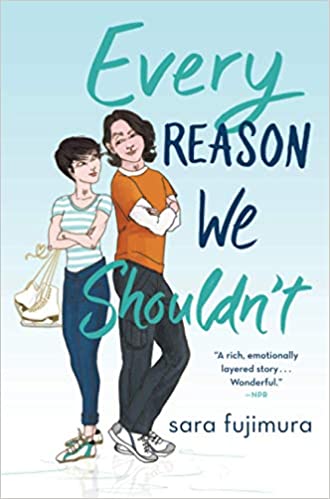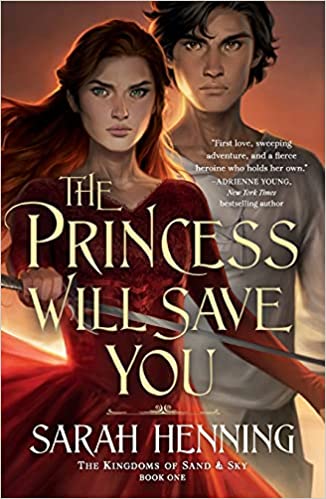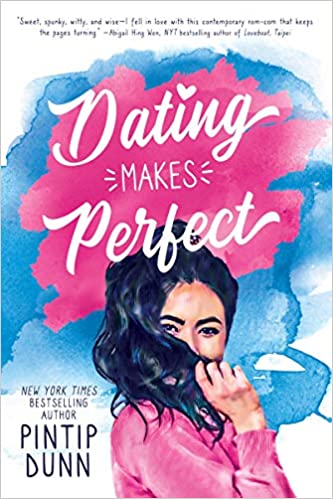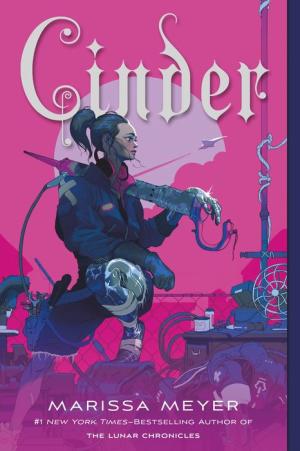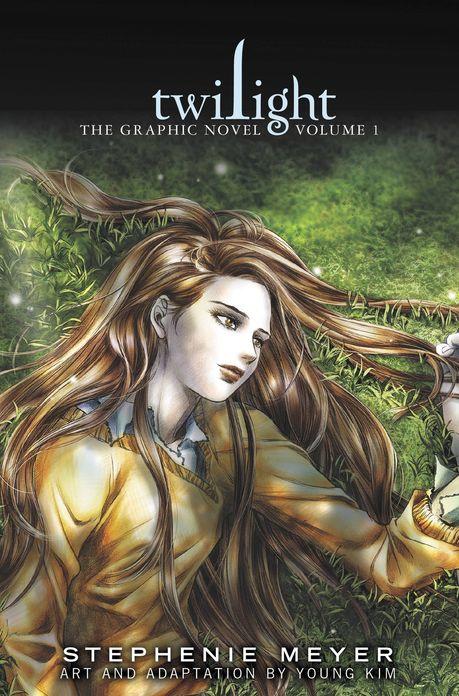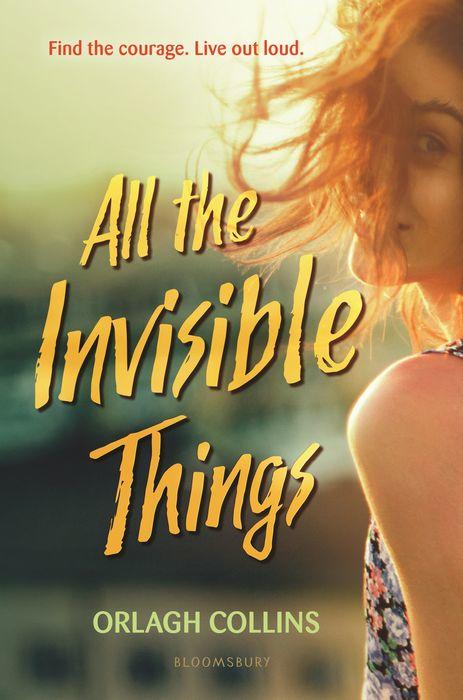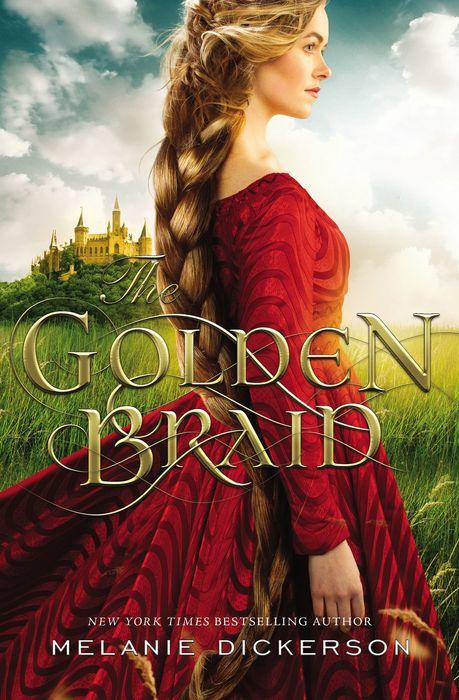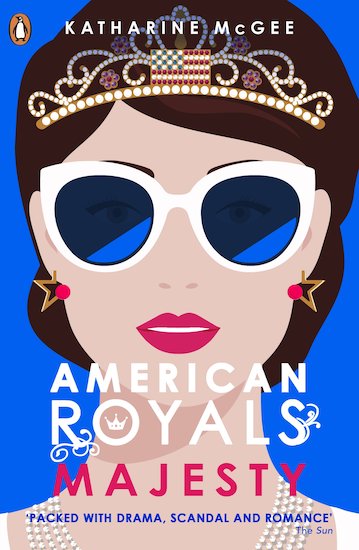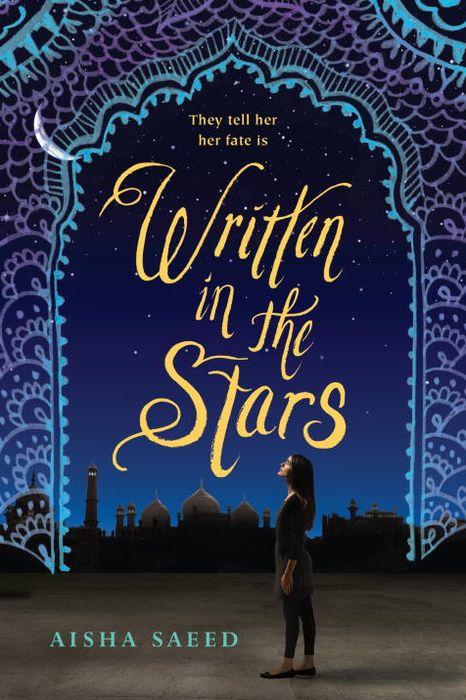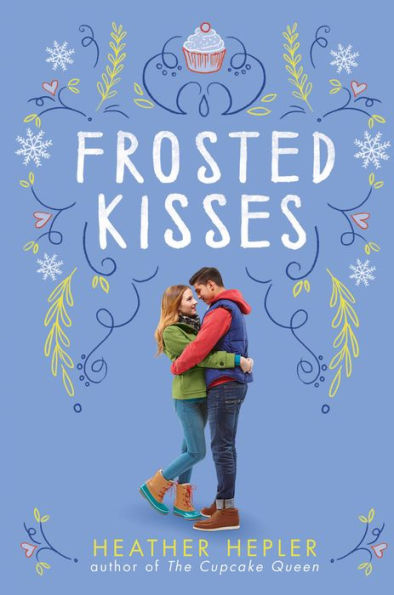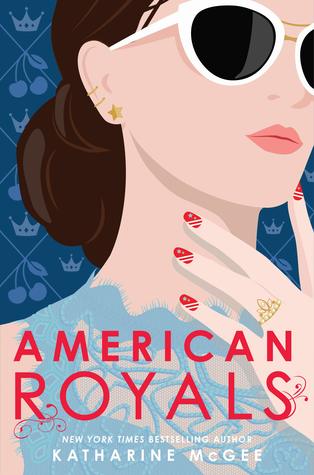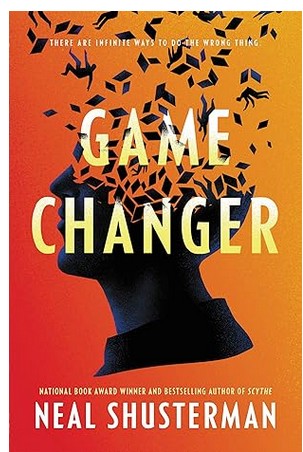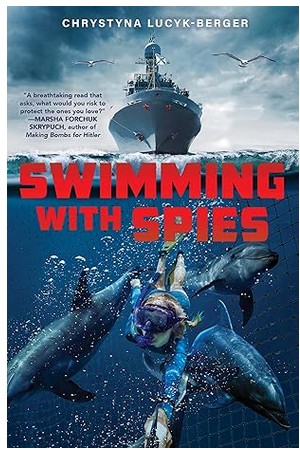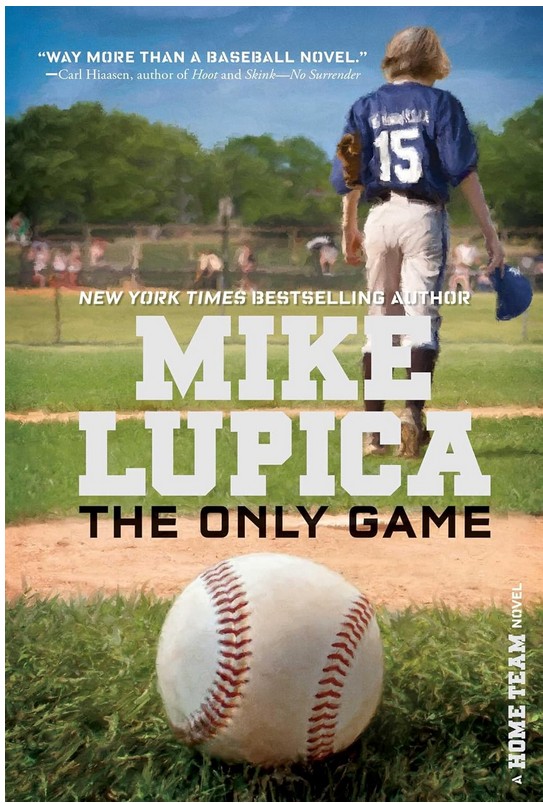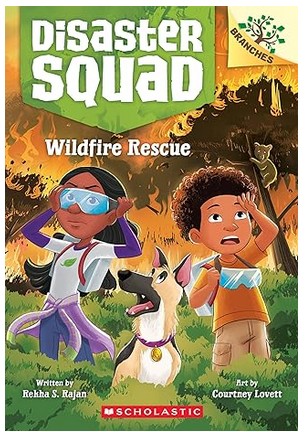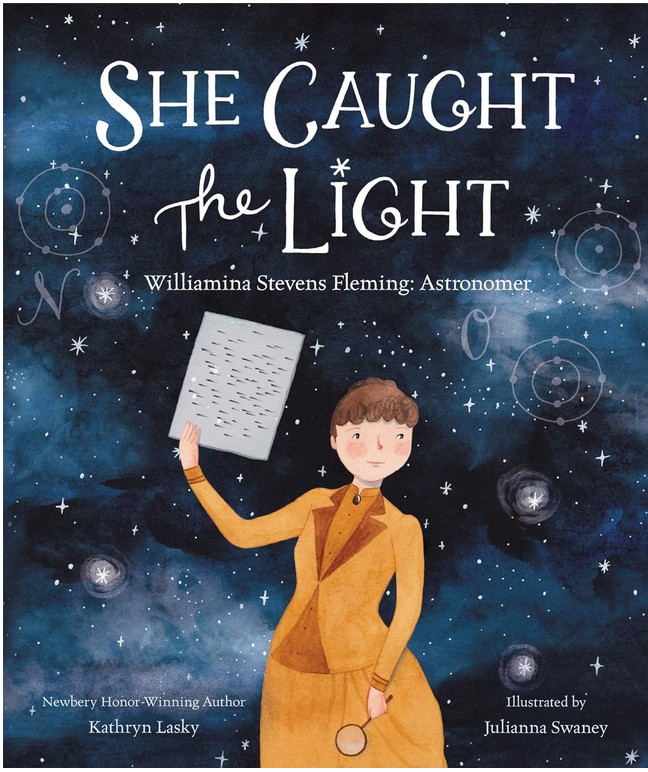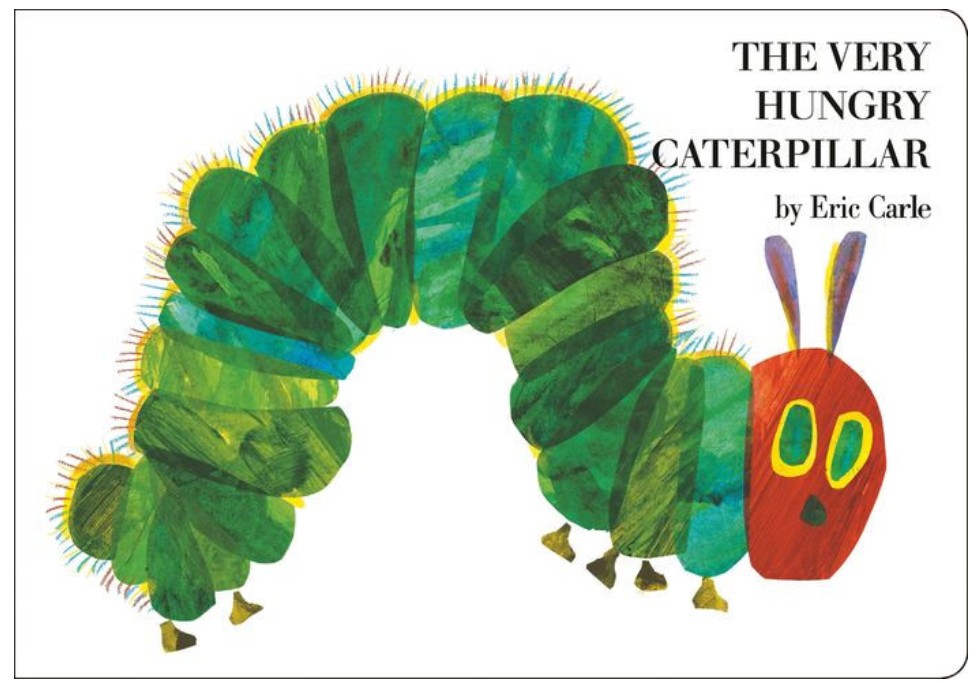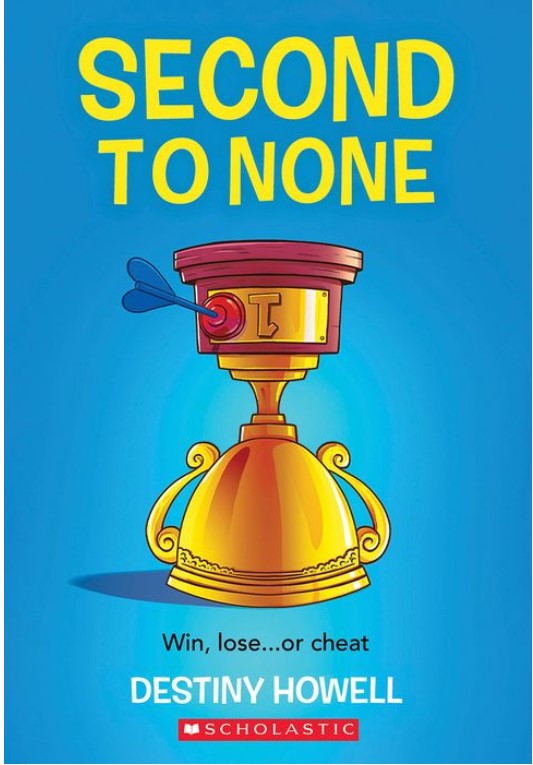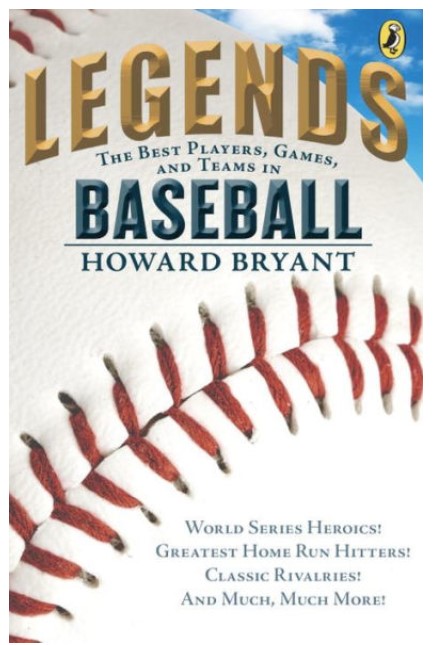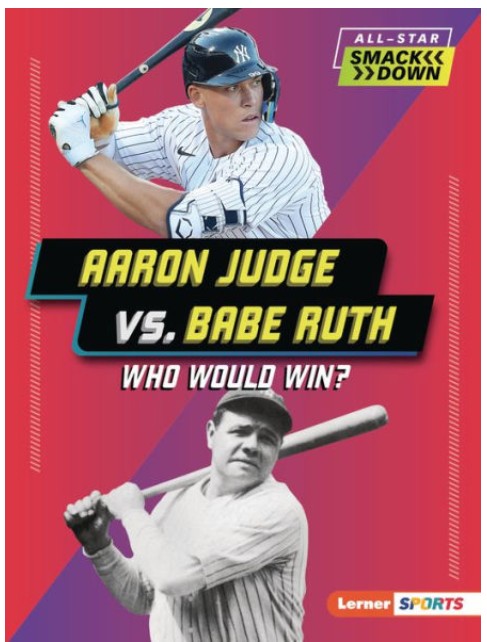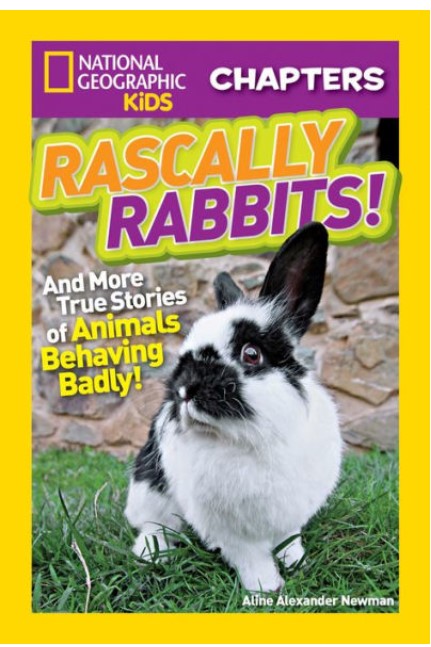When a mysterious Scotsman suddenly appears in the middle of the road, Klara thinks the biggest problem is whether she hit him with her car. But, as impossible as it sounds, Callum has stepped out of another time, and it’s just the beginning of a deadly adventure.
Klara will soon learn that she is the last Pillar of Time—an anchor point in the timeline of the world and a hiding place for a rogue goddess’s magic. Callum believes he’s fated to protect her at all costs after being unable to protect the previous Pillar, his best friend, Thomas. For a dark force is hunting the Pillars in order to claim the power of the goddess—and Klara and Callum are the only two people standing in the way. Thrown together by fate, the two must learn to trust each other and work together. . . but they’ll also need to protect their hearts from one another if they’re going to survive.
Since the death of her mother and moving to Scotland, Klara’s life has been turned upside down. Things only get worse when Callum arrives. At first, Klara doesn’t believe he has traveled from the past nor does she understand the strange powers that have manifested through her. While many readers will relate to Klara’s grief and her inability to be honest with her father, Klara is not a very memorable character. Even after a man steps out of a mist and tries to kill her, Klara is still unwilling to believe Callum’s story. This conflict takes too long to resolve and slows the story’s pacing.
Breaking Time introduces many ancient Gods as well as some lore for the Fair Folk; however, some of the story’s magical elements are inconsistent. For example, while one goddess is only able to appear to Klara at a mystical site, another appears to her through a dream, and demon monsters can appear anywhere. Since Klara doesn’t understand her powers, she goes on a quest to different mystic sites in an attempt to understand them. At each place, she learns more about herself and what it means to be a Pillar. Unfortunately, the story’s worldbuilding is lacking and the magic elements are inconsistent which causes confusion. In addition, some of the people and events are not clearly connected to the central conflict. To make matters worse, the conclusion is ambiguous and doesn’t wrap up any of the conflicts, which many readers may find frustrating.
Unfortunately, Breaking Time’s unremarkable protagonist and inconsistent worldbuilding make the story difficult to enjoy. Readers who have some previous knowledge of Scottish folklore may still find Breaking Time an interesting read; however, readers who have no previous knowledge of Scottish folklore may want to leave the book on the shelf. If you’re looking for a time-traveling romance, Time Between Us by Tamara Ireland Stone and the Ruby Red Trilogy by Kerstin Gier both have mystery, excitement, and some swoon-worthy scenes.
Sexual Content
- Klara sees Callum watching for danger. Klara goes to him and Callum “took her waist between his strong hands, pulling her close. In a swift movement, he turned Klara so that her back was against a nearby tree. His body flush against hers. She could feel every inch of him. . . His lips pressed hungrily against hers, and she grasped the nape of his neck, wanting him closer. . . Their lips danced. She willed him to move faster, harder against hers. Her tongue dipped into his mouth and he moaned at the contact.” The two do not go further. The scene is described over a page.
- After kissing Klara, Callum thinks about how “He had only kissed one girl before.”
- After a near death experience, Klara tells Callum to kiss her. “His lips descended on hers, slow and meaningful. . . He slid the palm of his hand down to the back of her neck, she shuddered.”
- Klara told Callum that she could send him back to his own time. He refuses her offer. Then, “his lips found her hairline and lingered there. He felt her palms up his back, felt his muscles tighten in response to her touch. . . Klara wanted him here, too. . . Everything that was fierce and gentle in Callum flowed out of his touch and into her . . .” They stop kissing when they are interrupted. The scene is described over a page.
- While listening to a band and dancing, Callum “pulled her even closer, lifting her so she was on her toes. . . She pushed her fingers into his hair. He moaned, feeling euphoric. His lips descended to hers.” The kiss is described over half a page.
Violence
- To pay for their meals, Callum and his friend, Thomas, fought in a local pub. Callum recalls one fight when “Thomas got pummeled. . . Sounds still rang in Callum’s ears: the thud of fist and flesh, the sickening crunch of bone.”
- One night, Callum comes across Thomas lying in the street. “Thomas lay on the ground, his legs splayed at sickening angles. Blood seeped through his shirt. . . [Callum] pressed his hands against the deep slice that marred his friend’s torso. A knife wound.”
- While Callum kneeled next to Thomas, his “world flipped sideways. A blow had hit Callum like a runaway carriage. . . pain exploded along his ribs.” Thomas’s killer steps out of the shadows and “Callum didn’t see the blow coming, only felt the pain searing across his temple as he was thrown to the ground again.”
- During the fight, the man stabs Callum. “Callum touched his side, and his fingers came away with blood. He watched as crimson spread across his shirt. . . He tried to take a step, only to crumple to the ground beside Thomas, whose head rested limp against his chest.” Callum passes out. When he awakens, he is in another time period and he assumes Thomas is dead. The fight scene is described over four pages.
- A man steps out of a fog and grabs Klara’s throat. “He squeezed tighter, making her sputter. Her lungs worked fruitlessly, burning and straining like her ribs had been welded shut. He was trying to kill her. Was killing her.” Callum jumps to Klara’s aide and “ lunged forward and sunk his dagger into the man’s thigh. . . crying out in pain, the man released his grip slightly, allowing Klara to pull out of his grasp.”
- While fighting the man, “A powerful burst of energy exploded inside [Klara], moving in electric waves outward from her chest into her limbs. Her fingertips felt like live wires. . . it suddenly sparked into a bright, white light that wiped away everything else.” Klara’s power sends the man into a different realm. The fight scene is described over four pages.
- A beast appears “standing as tall as a horse and twice as wide, it bore the head of a snake, the form of a panther, and the cloven hooves of a demon.” The beast corners Klara, and Callum comes to her aid. “The creature lunged at Callum. He threw all of his strength at the beast, ducking down and ramming his shoulder into its stomach. . . [Klara] slam[ed] her phone into the beast’s snapping jaws.”
- During the fight with the beast, “the monster swung its neck like an unbroken horse, throwing Callum head over heels into the nearest partition wall. . . His body exploded with pain.” While Callum is down, “The monster lumbered toward [Klara], its tongue lashing the air as its hideous head darted and swayed. Its monstrous skull smashed into Klara’s side and sent her sliding along the floor.”
- As the fight with the beast continues, Callum “slammed the rock into the beast’s spine, the spot on the neck where the scales met fur. The monster shrieked in pain. . . its scaled back, [was] now slick with dark blood as the monster fell on its side.” After being injured, the monster turned into “a pile of dust on the floor.” The bloody fight is described over five pages.
- While fighting in the pubs, if Callum had a bad fight, his master “would be so mad that the beatings wouldn’t stop until I did better in the next fight.”
- While in the forest, a god in the shape of a stag appears to Klara. Soon, another monster appears and attacks the stag. “The stag was crumpled before her, his neck in the jaws of another beast. Familiar teeth sunk into the animal’s furred flesh.”
- Once the stag is out of the way, the monster goes after Klara. The beast “snapped its head up from the stag’s neck, blood dripping from the pearly points of its teeth.” Klara ran, but “spit flew from its mouth and landed with a heavy smack on the tree, acid sizzling where it met the bark—right next to her face.” Eventually, “the leopard-like tail came around and pinned Klara against the tree. Splinters cut through the back of her jacket and into the soft flesh of her skin. She convulsed with a full-body shiver as its jaws opened.”
- During the fight, the stag recovers and charges the monster that has Klara pinned against a tree. Once free, “Klara grabbed the broken antler from the forest floor and rammed it into the beast’s eye. The black pupil sunk like putty around the shard, which shuddered violently in her hand the deeper she plunged it in . . . the beast shrieked then collapsed into darkly shimmering dust.” The fight is described over six pages.
- Aion, a man who Callum has only seen once, follows Callum. When Callum confronts him, Aion refuses to answer any questions. “Callum’s knuckles sunk into Aion’s cheek and nose, glancing off bone. His cry was muffled by Callum’s fist. He drew his hand back, chest heaving. A line of dark blood trickled from Aion’s nostril and over his lip.”
- While at a mystic site, another monster attacks Klara and Callum. “Callum crouched in front of the beast, sword raised. With a twist of her heart, she noticed the blood splashed across his leg. His limp. . . [Callum] lunged again, this time striking the beast’s neck with the broad side of the sword. Rearing its head, the beast cried out. Then, it swung down in a flash. . . sinking its teeth into Callum’s side.”
- As Callum and the beast fight, Klara jumps in. “She grabbed the hilt and ran headlong toward the creature. . . leaping as high as she could, Klara bore down and drove the blade into the monster’s open mouth.” When nothing else works, Klara uses her power against the beast, causing the beast to dissolve “until nothing more than a shimmering curtain of gold dust remained.” The scene is described over four pages.
- Four beasts that “looked as if they were plucked straight from the pits of hell” attack Callum. When the lead beast runs at him, Callum “dropped, flattening his body against the ground to avoid the snarling beast . . . One hand grasped the beast’s muzzle, the other the meat of its neck. Callum felt the crunch of its crooked and uneven teeth under his fingers as he tightened his grip, then used the beast’s own weight to swing it away—and let go.”
- As the fight continues, “Callum fell to his knee and thrust the dirk upward, catching the creature’s soft belly with his blade. . . The terrible sound of ripping flesh filled his ears. Hot blood splattered in his hair and face. . .”
- The beasts almost overtake Callum when one of them “sunk its claw into the front of Callum’s chest. The bite of fang and flesh tore a scream from his lungs.” After Callum fights the beasts, Llaw, a demigod who is trying to kill all of the Pillars, appears and attacks. “Llaw was strong. He stole the remaining breath from Callum’s belly with a sharp kick, sending his body reeling like he had run full force into one of the standing stones. Pain flared in his injured shoulder. Callum fell to his knees. Llaw drove a fist into his chest.” At the end of the six pages of fighting, Callum’s “vision faded, along with the beat of his heart.”
- When Klara finds Callum’s body, she pleads to the god Cernunnos. However, Llaw appears. “Llaw’s boot slammed against her chest, pinning her to the ground. The hound by his side. . . crouched. With its sickening sharp claws carving up the earth as it moved, the creature inched toward her until its snapping, snarling jaw was nearly pressed against her throat.” Llaw “pressed his foot down on her chest until a rib snapped.”
- Klara calls on her powers and is able to distract Llaw. Then, she swung her sword. “The hilt shuddered in her fingers as the blade met resistance—as it cut through the flesh and bone of Llaw’s arm. Then the sword was free again, a swatch of blood on silver the only evidence that she hadn’t missed.”
- At the end of the fight, Klara stabs Llaw in the chest. “He shuddered violently, like he’d been pushed onto her blade. . . She felt his body go limp.” Klara and Llaw’s fight scene is described over seven pages.
Drugs and Alcohol
- Callum thinks back to a time when he had whisky at a pub.
- After Callum gets into a fight, Klara calls a doctor. The doctor assumes Callum is drunk. The doctor said, “this young man needs aspirin, water, and perhaps to reconsider his life choices, if he’s already this drunk so early in the morning.”
- Klara and Callum go to a bar to listen to a band. Other people are served beer.
- Klara’s grandmother “smoked a joint every Christmas.”
- Klara’s father talks about the night before he married Klara’s mother when they had champagne.
Language
- Profanity is used infrequently. Profanity includes ass, bastard, crap, damn, hell, pissed, and shit.
- Goddamn is used once.
- God, oh my God, and Jesus are used as exclamations a few times.
Supernatural
- In the woods, Klara and Callum come across an area that looks like a fairy ring. Then, a fog begins to take form. “The air in front of [Klara] began to shimmer as if it was the height of summer—but the air turned suddenly cold. . . The mist grew thicker still with every passing second, until it was a curtain of light and shadow. . . Callum watched in horror as a hand emerged from the mist and reached for her.” A man steps out of the fog.
- The story revolves around Samhain, “a Gaelic holiday, similar to Halloween, celebrating the barriers of the human and spirit world thinning out on October 31 through November 1, allowing crossover from both realms.”
- Callum learns that Thomas was visiting mystical centers. A man tells Callum, “Different centers are thought to be closer to different gods or different locations in the Otherworld. . . Some say energy flows at these sites – at these mystic centers, or thin places— especially at certain times of the year, or with specific celestial events, the power of which is beyond our understanding.”
- If Klara concentrates, she can feel the “pull of the Otherworld.” While trying to understand her powers, Klara walks into a forest and a stag steps out of the mist. “She watched in awe as the stag fell away, its body transforming until the only thing that remained of the beast were its antlers” that “crowned a man.” The man is Cernunnos, the god of the wilds, of nature, and of life itself. He tells Klara that “my essence is connected to the soil, the leaves, the trees, the ocean.”
- Callum wants to find the “bean-nighe” who is part of the Fair Folk. The bean-nighe “appears to those she chooses, and those who will die.” To find a bean-nighe, Callum will need to go to a lake, take part of his shirt, “soak it in your blood, and leave it in the waters. With it, you must swear to leave your life—if the bean-nighe would so choose to take it.” When Callum follows these directions, he asks the bean-nighe for “the strength of ten men” so he can protect Klara.
- Klara goes to a mystic site. While there, a “pearl of light” appears. “The pearl grew. . . the spin stopped abruptly, and it flattened in the air in front of her, casting her in a blaze of white. . . Klara cried out, at first in shock, then in agony. It felt like she was being scorched alive.” The light takes her through a vision of the past.
Spiritual Content
- Arianrhod, the Goddess of the Silver Wheel is “a primal figure of female strength—often associated with the moon, she had dominion over the sky, reincarnation, and even time and fate itself.” The goddess appears to Klara and Callum. Arianrhod shows a vision to Callum. “The fog gathered around them again. . . A familiar form took shape in front of Callum’s eyes. His chest wrenched open with disbelief and wonder.” Callum is shown his friend Thomas, and Arianrhod explains that “Thomas’s life was precious—more precious than most of the humans who walk this earth. There was a power in his blood more valuable than any mortal treasure. . .”
- The Goddess reveals that Callum’s friends, Thomas, and Klara are both “pillars.” Arianrhod divided her powers “amongst ten human souls that would be born into your world. . . Spread across the centuries, each of the ten chosen ones became a Pillar of Time, with my power sealed within their blood.”
- Arianrhod’s son, Llaw, is a demigod who is trying to kill all the Pillars so he can gain their power. The goddess explains that “Llaw has already taken the power from the other nine vessels, but my power can all be restored as long as you live past Samhain.” If Llaw isn’t stopped, chaos will reign and time itself will be destroyed.
